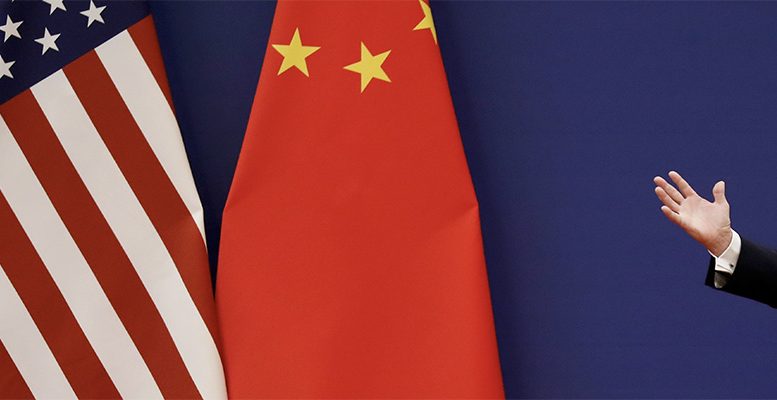Mathieu Racheter (Julius Baer) | President Trump recently urged to halt plans of the government’s main pension fund to invest in Chinese equities. While the implications for Chinese ADRs listed in the US should be fairly small, there is a risk that the administration will extend the restrictions to other US investors. We continue to view Chinese equities as a core holding and reiterate our strategic Overweight rating.
In the latest escalation between the US and China, Donald Trump urged to halt plans of the government’s main pension fund to invest in Chinese equities. The moves comes after an intensifying blame game over the handling of the Covid-19 outbreak over the past weeks. While the implications for Chinese American depositary receipts (ADR) listed in the US should be fairly small, there is a risk that the administration will extend the restrictions to other US investors. This would result in a major headwind, given that US investors own positions of around USD5.4tn market cap in the largest 100 Chinese stocks, especially those listed in the US (ADRs.), according to a recent study by Bank of America Merrill Lynch. The policy would affect those stocks first and accelerate the trend of Chinese ADRs returning to Hong Kong for secondary listing. At this juncture, an extension of the policy to other US investors remains a tail risk. Nevertheless, in view of the recent heated tensions between China and the US, which will likely remain ahead of the US presidential elections, the near-term outperformance potential of Chinese equities has diminished. We continue to view Chinese equities as a core holding and reiterate our strategic Overweight rating. The latest activity data showed a broadening recovery in China, and we expect the economy to reach pre-crisis output levels already at the end of 2020, which should support the equity market.





